Investing in the stock market is totally worth it. To name a few, investors like Warren Buffet, Peter Lynch, Ray Dalio, have made fortunes in the stock market, each with their unique style of investing. The Dow Jones Industrial Average (DJIA) has produced an absolute return of about 1,125% (inflation-adjusted and dividend-reinvested return) over the past 30 years, which means that if you had invested $100 in the DJIA in 1990, your investment would have grown to $112,500 today — an annualized return of around 8.7%.
Personal finance experts recommend investing some portion of your savings in the stock market as the stock market has been consistently generating healthy returns while beating inflation by a wide margin. Since the stock market’s performance is dependent on the corporate profits, the growth in the GDP and corporate profits will keep pushing the index upwards, providing higher returns for stock investors.
While many traders try to beat the market to generate higher returns than the index, it is better to put your money in an index fund that will mimic the market performance. Bearing the market returns, though not impossible, is a difficult task, and only professional and experienced traders with huge financial and technical resources can attempt to do it. A saner approach, according to the famous billionaire investor, Warren Buffet, is to invest in a low-cost index fund that will generate returns equal to the stock market index.
401(k) plans invest in the stock market to maximize the return on their portfolio. If you keep your money in your savings account that gives a return lower than or equal to the rate of inflation, your real rate of return will be zero or negative, and your wealth will not grow. Therefore, it is absolutely necessary to invest a higher portion of your portfolio in the stock market in the early years of your life so that you can get the maximum benefit of the compound growth the stock market can offer.
What are the advantages of investing in the stock market?
Long-term investment of cash in the stock market has a number of advantages, including money-making potential through capital gains and dividend income.
Buying stocks is one way to grow your money over time without having to leave your computer chair. In general, you can’t get rich from day trading on Wall Street, but there are some traders out there who have been able to make millions by using smart investing strategies alone. One recent example is Michael Burry – he was estimated to be worth $500 million in 2010 after making his fortune trading stocks in 2002.
What are the disadvantages of investing in the stock market?
The main disadvantage is that any investments require a capital outlay – your money goes into the economy and doesn’t continue going to save, invest, or grow in a 401K or somewhere else.
Some people feel that you’re basically withdrawing from a savings account without – foregoing getting the interest rate – to try and generate a higher return.
Is investing in the stock market a good idea?
Yes!
Large amounts of historical data prove that the stock market is one of the most reliable ways to grow your investments. The earlier you start, the better off you’ll be.
The people who have lived through devastating economic crashes have seen their money suddenly depreciate overnight, and yet many people still believe in saving a little each week with no interest rates for a future date unknown is a better option.
Can stock market make you rich?
“Yes, it can!” Investing in the stock market is arguably one of the best ways to make money. But you have to know what you’re doing because otherwise, it can totally break your bank account!
You need a lot of time and patience as well as a sense for timing. The types of stocks that perform the best vary depending on which phase in the business cycle we’re in.
That means that making a killing in stocks is not as much about predicting the future as it is about understanding how different sectors do better or worse at various times.
In short, stay informed and don’t invest heavily until you really know what you’re doing!
If you don’t know what you’re doing, you should start by getting some stock trade alerts to help you cut through the clutter and get started on the right foot.
How to invest in the stock market
If you’re interested in playing with real money, there are several options:
1. You can invest with a professional and pay them to take care of the day-to-day work for you.
2. You can buy individual stocks or funds through an online broker and do all the trading yourself.
If you do decide to go at it yourself, make sure that you make your trading decisions using the best information possible.
Read up on the companies you might trade, keep up to date on the latest economic news, and listen to the trade ideas of a more experienced trader.
Why should you invest in the stock market?
The stock market is one of the greatest investment opportunities for many generations.
Historically, it’s been proven that investing in stocks has a higher rate of return and lower risk than other investments.
Stock prices tend to increase in value over time, which means that if you keep your money in a bank account, you’re going to get lower interest rates than what most people get on their 401(k) or other investment accounts.
If the choice is between a savings account or retirement plan, there are higher-interest investment vehicles out there. Investing in the stock market can also allow you to make more money over time thanks to dividends.
What is age that someone can start to invest in the us Stock Market?
When they turn 18.
There are many risks associated with investing, including the loss of your original investment.
Aside from that, there is also the opportunity cost involved where you miss out on any increase in value that it could have received if you had invested instead in a risk-free savings vehicle such as a certificate of deposit, FDIC-insured savings account, or U.S. Treasury Bills.
What this means is that you should only invest money that you don’t need for 10 years or more into the stock market – otherwise it’s probably not worth the risk to lose what little money you do have saved up!
What are some pros and cons of investing in the stock market?
Pros of investing in the stock market
- The stock market offers a diversification effect because of all the different investing options out there (including mutual and index funds).
- Investments typically grow over time thanks to interest and inflation.
Cons of investing in the stock market
- Dropping prices on stocks may lead investors to panic and sell their shares before hitting rock bottom. In other words, it is possible for an investor to buy into a falling price point and just let their investment drop from there due to no action being taken. This risk is higher during periods where everyone within this particular sector is dropping prices as well.
- You have to have money to get started. It’s not the kind of thing that you can start without having any capital.
Should you invest in the stock market?
The answer to that question is a matter of personal discretion.
There are many factors that may be relevant to answering this question, including your age, tolerance for risk, investment goals and other financial commitments. Please consult with your lawyer or tax advisor before making any decisions about investments or trading in the stock market.
Is it good time to buy stocks?
It is generally believed that stocks experience the best performance during the first two weeks of January because this time period usually signifies an upward trend.
That said, if you’re buying as part of a long term buy and hold strategy, then you should set up automatic times during the year that you will buy stocks – regardless of the price.
This will allow you to automate your investing, and it will end up helping you dollar cost average your trading.
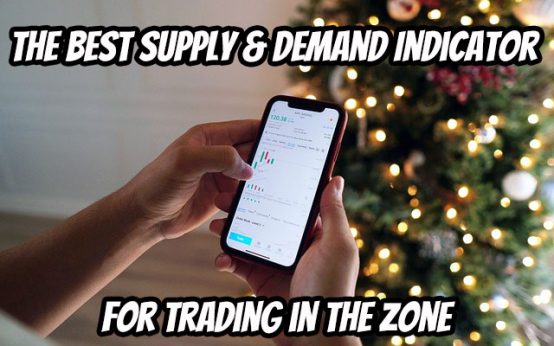 The Best Supply and Demand Indicator for Trading in the Zone
The Best Supply and Demand Indicator for Trading in the Zone 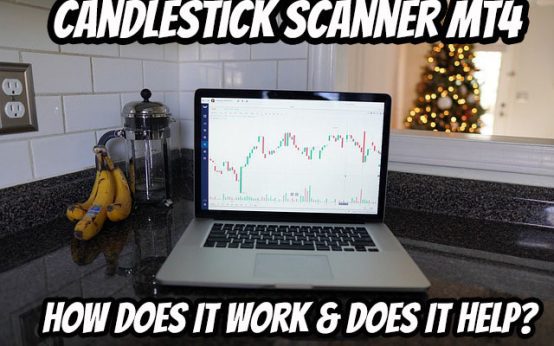 Candlestick Scanner MT4: How Does It Work & Does It Help?
Candlestick Scanner MT4: How Does It Work & Does It Help? 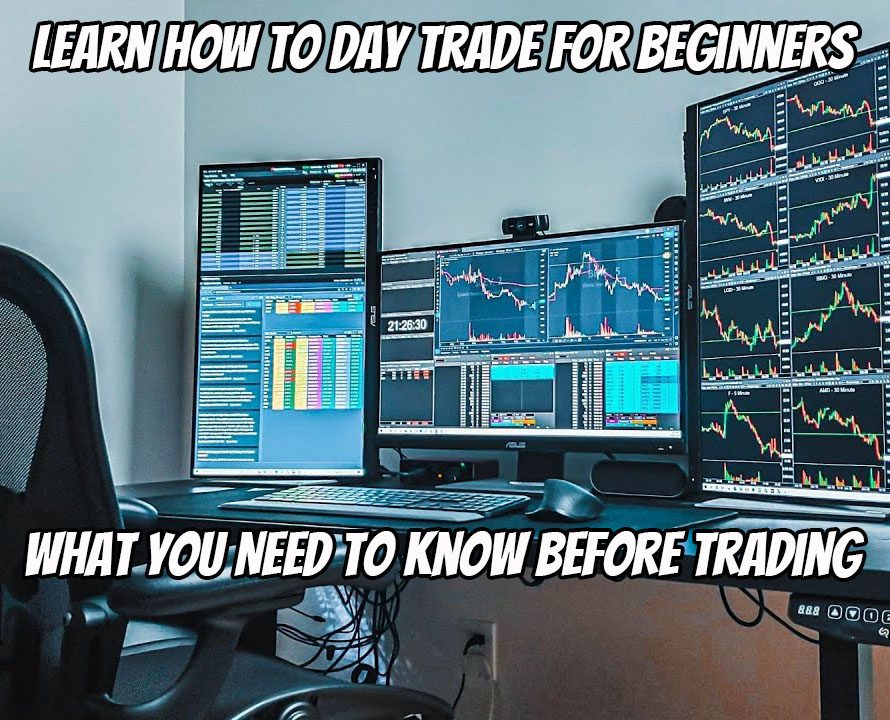 Learn How to Day Trade for Beginners – What You Need To Know Before Trading
Learn How to Day Trade for Beginners – What You Need To Know Before Trading 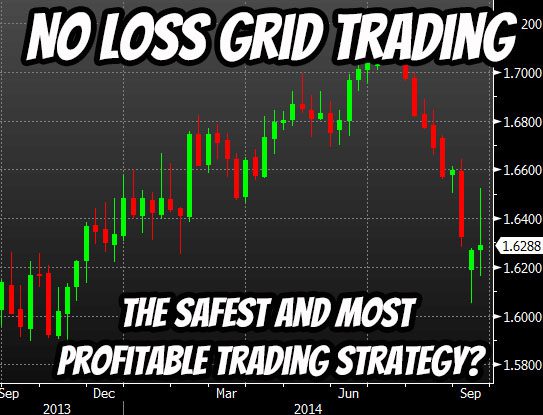 No Loss Grid Trading – The Safest and Most Profitable Trading Strategy?
No Loss Grid Trading – The Safest and Most Profitable Trading Strategy? 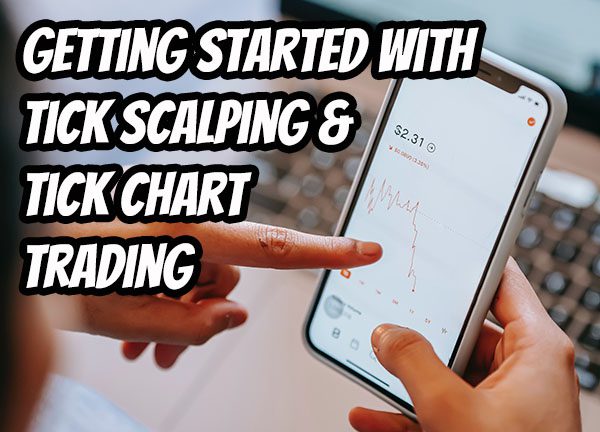 Getting Started With Tick Scalping & Tick Chart Trading
Getting Started With Tick Scalping & Tick Chart Trading  Shark Fin Trading Indicator: Here’s How to Discover This Harmonic Trading Pattern
Shark Fin Trading Indicator: Here’s How to Discover This Harmonic Trading Pattern